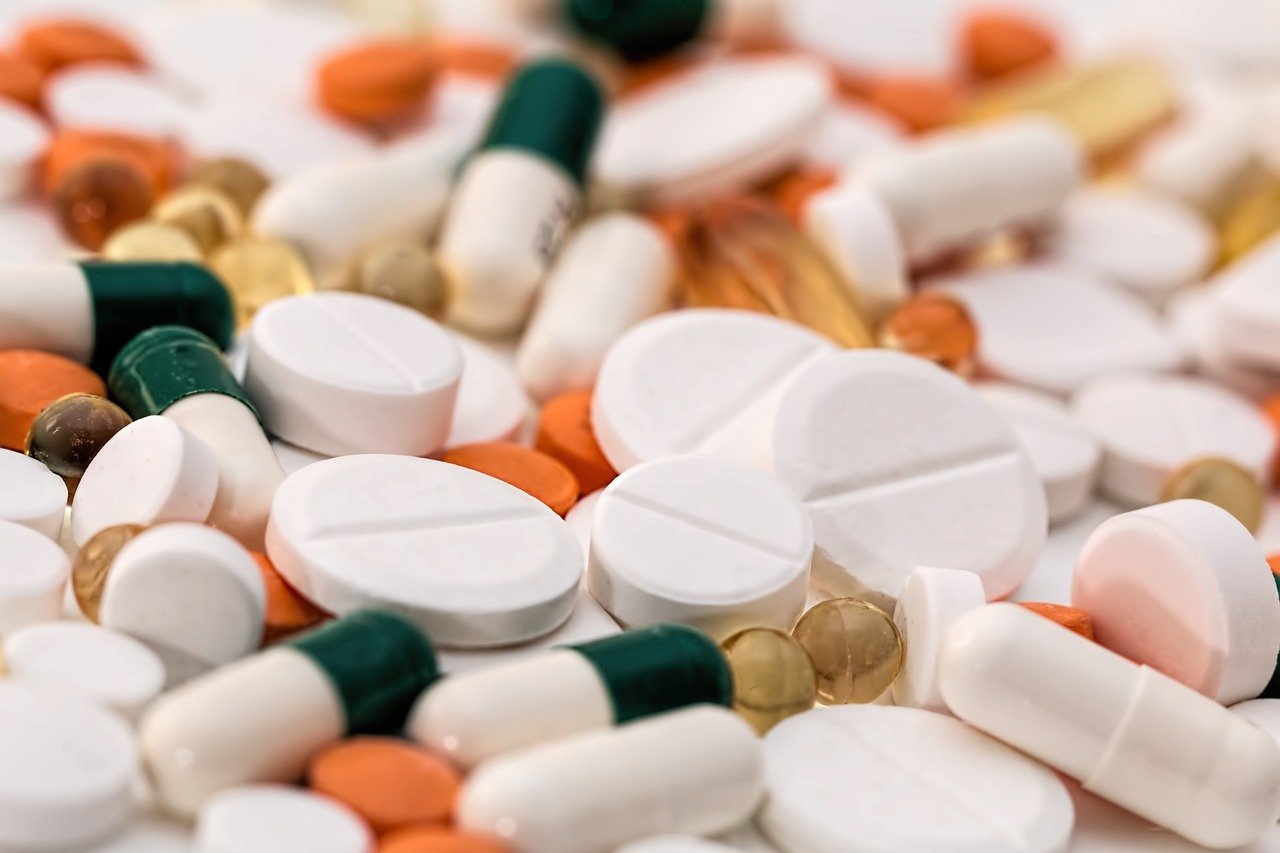Aspirin is one of the most widely used medicines for headaches, colds, viral infections, inflammations, and even hangovers. This is the first aid that we usually turn to when, for some reason, we feel unwell.
Aspirin is an over-the-counter drug that emerged in the late 19th century, when it was only available in powder form and only by doctors. Its formation in tablets and mass production began at the beginning of the 20th century. German chemist Felix Hoffmann is considered to this day to be the discoverer of this widely used drug.
Most people today are fully aware of what aspirin can be used for. But do we know its alternative use cases? Aspirin can be much more beneficial in a broader sense than you might think. Its use as a medicine may not be its only use.
What else can you use aspirin for?
Against dandruff and itching
Aspirin can relieve severe headaches, but it can also help soothe an itchy scalp. It can also be helpful in removing dandruff. The active ingredient in aspirin, acetylsalicylic acid, has powerful anti-inflammatory properties that help soothe irritated and itchy scalp. You just need to grind a few aspirin tablets and mix them with shampoo. Wash your hair as usual, leaving the aspirin shampoo lather to work for about 5 minutes before rinsing.
Against skin inflammation
Aspirin can help suppress skin inflammation such as acne, irritation, and redness. Salicylic acid also plays an important role here. It has the ability to reduce inflammation and redness and helps exfoliate the skin as it removes accumulated sebum and clogged skin pores.
Against stains
Aspirin is also a good aid in removing stains from clothing. All you have to do is dissolve a few tablets in water, soak clothes in the solution, and wait an hour. Then rinse.
In the garden
Aspirin also helps to stimulate the growth of your plants. Favorite flowers can be watered with water with aspirin dissolved in it in small quantities. One or two tablets per liter of water are usually sufficient to stimulate growth.

